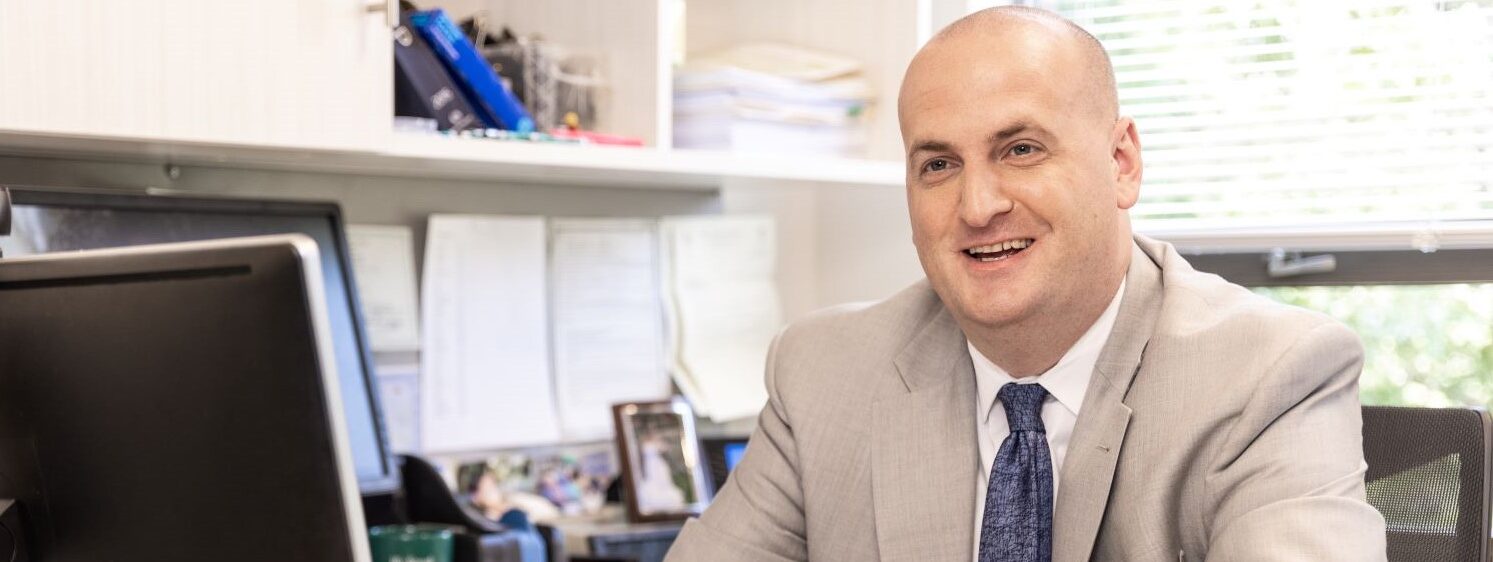Renner Firm News; November 11, 2025
Dear Renner Clients,
On July 4, 2025, President Donald Trump signed into law the One Big Beautiful Bill Act (OBBBA), delivering the most significant impact on taxpayers since the Tax Cuts And Jobs Act Of 2017 (TCJA).
The OBBBA makes many of the TCJA provisions that were set to expire at the end of this year permanent, as well as introducing new tax legislation. Some other notable parts of the OBBBA include the following:
- Makes permanent the lower tax rates and brackets, higher standard deductions and increased estate and gift tax exclusion
- Makes permanent and increases the larger Child Tax Credit
- Increases the state and local tax (SALT) deduction cap
- Introduces an additional deduction for seniors
- Eliminates many of the clean energy credits from the Inflation Reduction Act (IRA)
- Makes the qualified business income (QBI) deduction permanent
- Reinstates 100% bonus depreciation
- Allows for deduction of domestic research and experimental expenses in the year paid or incurred, and
- Increases Form 1099 reporting thresholds.
A fully detailed summary of the OBBBA can be found online here.
Many of the impacts on the individual taxpayer began this year, including some of the following:
- The child tax credit becomes permanent and, beginning in 2025, increases the credit to $2,200 per qualifying child. The credit will be adjusted for inflation after 2025. The maximum refundable credit amount for 2025 of $1,700 remains at $1,700 and will continue to be indexed in future years.
- Higher standard deduction amounts become permanent. The OBBBA also increases the standard deduction for 2025 and indexes these amounts for inflation after 2024. The Standard Deduction amounts for 2025 are increased as follows: Joint Return – from $30,000 to $31,500; Single and Married Filing Separately – from $15,000 to $15,750; and Head-of-Household – from $22,500 to $23,625. Also, there is an additional standard deduction for taxpayers who are disabled or blind of $1,600 for joint filers ($2,000 if single) for 2025.
- Beginning with the 2025 tax year, the OBBBA increases the State and Local Tax Deductions (SALT) limitation from $10,000 to $40,000 for 2025 and $40,400 for 2026. The limitation is half of these amounts for married individuals filing separate returns. The SALT deduction is reduced if modified AGI is in excess of $500,000 but under $600,000 for joint filers and $250,000 if married filing separately. If a taxpayer’s modified AGI is $600,000 or more ($300,000 or more if married filing separately), then the SALT deduction is limited to $10,000 ($5,000 if married filing separately).
- The New Clean Vehicle Credit, which was introduced as part of the 2022 Inflation Reduction Act (IRA), allowed taxpayers a credit of up to $7,500 if they purchased a new electric vehicle that qualified as a “new clean vehicle” before January 1, 2033. The OBBBA terminates the credit, and no credit is allowed for any vehicle acquired after September 30, 2025. Additionally, taxpayers will no longer be eligible for a credit of up to $4,000 if they purchased a used electric vehicle that qualified as a “previously owned clean vehicle” before January 1, 2033. No credit is allowed for any vehicle acquired after September 30, 2025.
The following new deductions are available from 2025 through 2028 for individuals using the standard deduction as well as those who itemize:
- For seniors who are at least age 65 by the end of the year, the OBBBA provides a new deduction of $6,000 for those with income of $75,000 or less ($150,000 or less for joint filers).
- An interest deduction is allowed on loans used to purchase new, qualified passenger vehicles for personal use. The debt must be incurred after 2024 for the purchase of and must be secured by a first lien on a qualified passenger vehicle. A “qualified passenger vehicle” generally includes a car, minivan, van, SUV, pickup truck, or motorcycle that is new with weight rating of less than 14,000 pounds, the final assembly of which occurs in the United States and serves as collateral for the loan. (Lease payments do not qualify.) The deduction is limited to $10,000 for any taxable year. Deduction phases out for taxpayers with modified adjusted gross income over $100,000 ($200,000 for joint filers).
- An individual can claim an annual deduction of up to $12,500 ($25,000 if filing jointly) for qualified overtime pay received. “Qualified overtime pay” is overtime paid under the Fair Labor Standards Act of 1938 (FLSA) to individuals in excess of their regular rate under the FLSA. In order to take the deduction, taxpayer’s qualified overtime pay must be included on Form W-2, or Form 1099-NEC if not an employee.
- Taxpayers may take a deduction for up to $25,000 of qualified tips received during the year in occupations listed by the IRS as customarily and regularly receiving tips before 2025. The tips must be reported on a Form W-2, Form 1099, or other specified statement furnished to the individual or reported directly by the individual on Form 4137. “Qualified tips” are voluntary cash or charged tips received from customers or through tip sharing.
For 2018 through 2025, the TCJA created the following income tax rates: 10%, 12%, 22%, 24%, 32%, 35%, and 37% for individuals and 10%, 24%, 35%, and 37% for the income of estates and trusts—significantly lower than the income tax rates prior to 2018 which provided a maximum income tax rate of 39.6%.
The OBBBA makes these tax rates permanent for tax years beginning after 2025. The higher income tax rates that applied before 2018 will not return in 2026 and the tax brackets will continue to be adjusted for inflation.
But there’s so much more to the far-ranging effects of the OBBBA, including its expansion of many provisions from the TCJA, impacting qualified small business stock, business income deductions, employee retention credits and more.
There are also new provisions under OBBBA that take effect starting in 2026. We will address those in a separate article.
Renner and Company is ready to guide you through any questions you may have on the OBBBA. Contact us at 703-535-1200 or online here.
© 2025 Renner and Company, CPA, P.C. All Rights Reserved.


